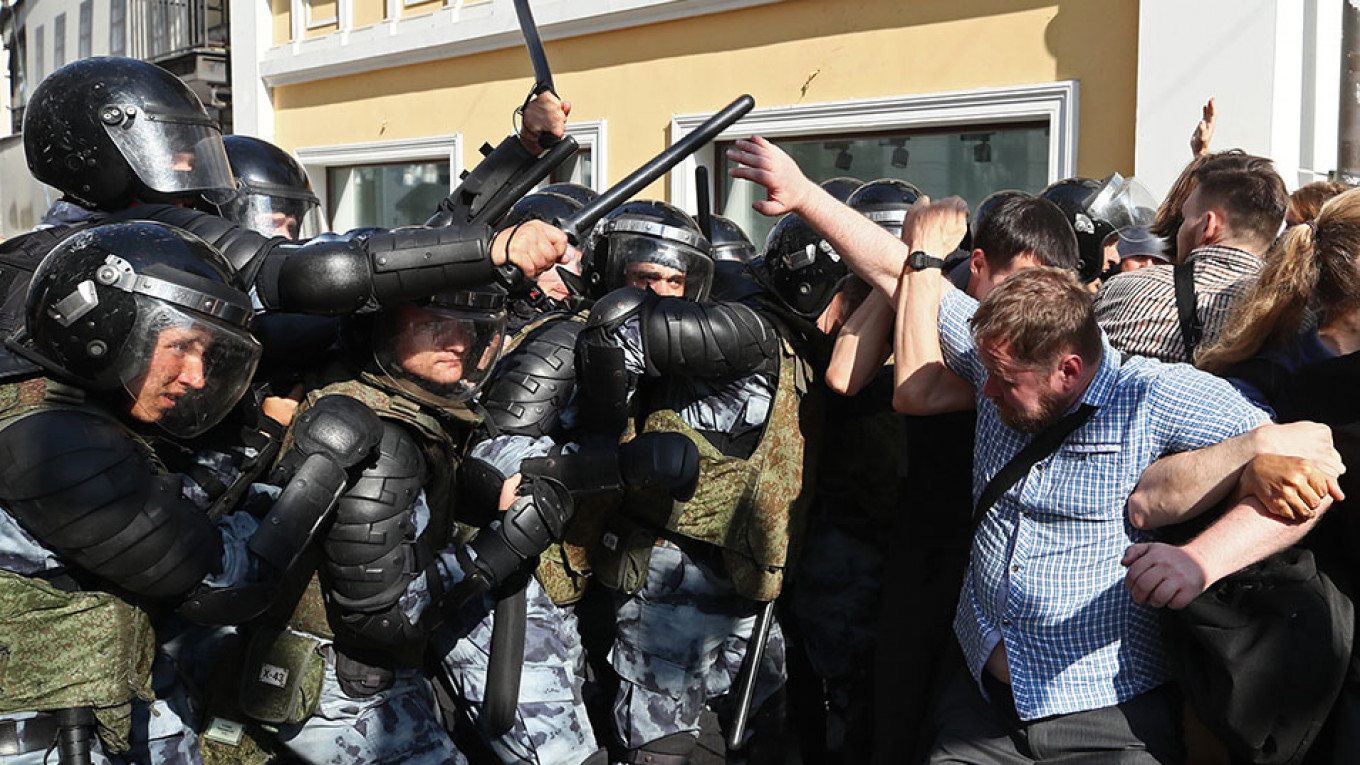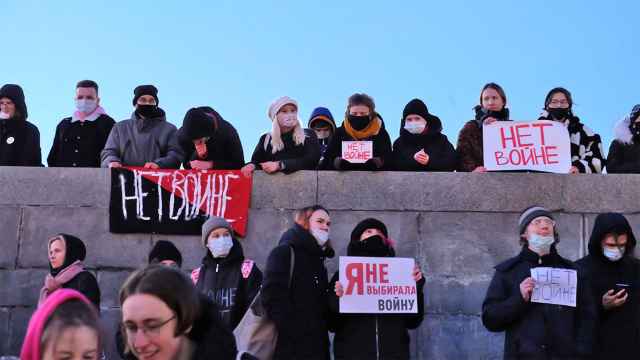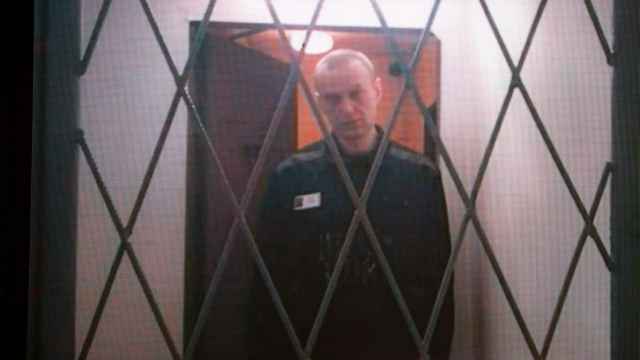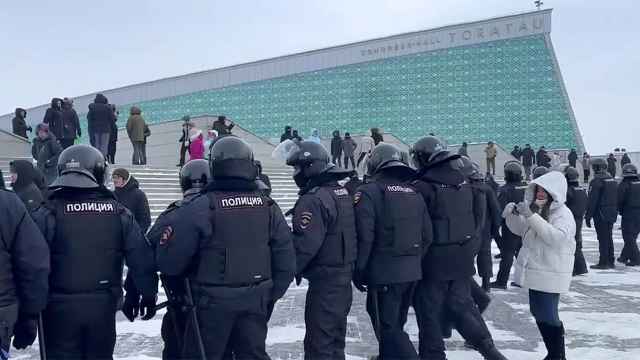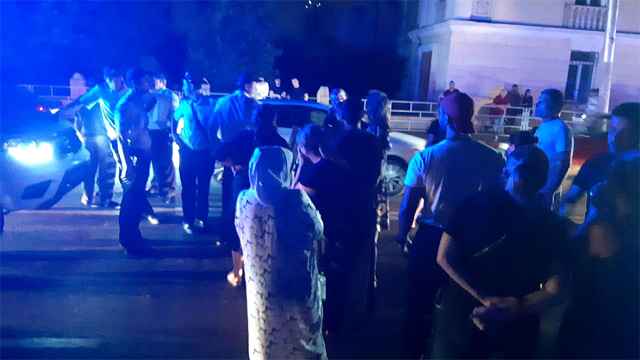Last Saturday in Moscow was marked by what looks like the largest unsanctioned demonstrations since 2012. Protesters marched in support of fair elections to the Moscow City Duma and against the arbitrary removal of opposition candidates from the ballot.
The scare campaign conducted by the Moscow authorities and the Ministry of Internal Affairs turned out to be useless: according to rough estimates, around 10,000 people went out onto the streets. The police and the National Guard, inflamed by standing in the heat for hours, reacted harshly, beating protesters and zealously detaining them.
According to OVD-Info, an organization that monitors police arrests, a total of 1,373 people were arrested (an all-time record since OVD-Info was launched), though Moscow police put the figure at 1,074.
However, the actions of the security forces cannot be described as effective: Driven back from the mayor’s office, protesters accepted the call to disperse, spreading spontaneous demonstrations all over the city centre.
Chanting “Down with Chekist power!,” protesters marched past the FSB headquarters and then held yet another demonstration on Trubnaya Square. The authorities were not expecting Muscovites to take to the streets in such numbers: They hoped that they would be cowed by threats and that, in vacation season, there would be few people in the city.
This clearly had an influence both on the president’s agenda for the day, and on the way the protest was covered.
Vladimir Putin’s descent in a bathyscaphe to the hull of a wrecked submarine on the bed of the Gulf of Finland had been planned in advance. But on a day when the center of Moscow was swept up in unrest, he looked like a president out of touch with the concerns of ordinary Russians.
Attempts are now underway to discredit the protest — for example, media are reporting that 600 of those detained are from other cities. Yet by the very fact of doing this, those promoting this version of events are affirming that the Moscow Duma elections are of concern not only to Muscovites.
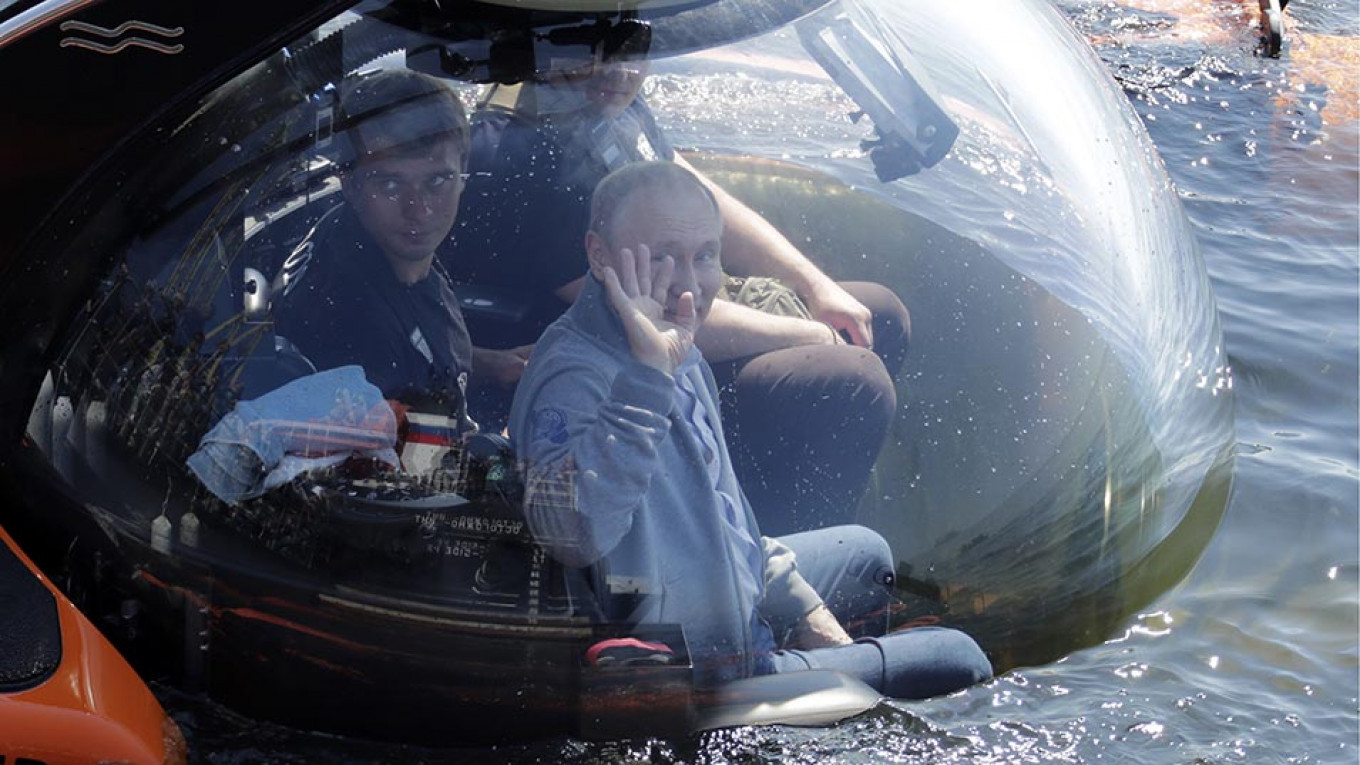
The hardliners within the Kremlin were able to frame the protest as a genuine threat to the authorities and will celebrate the violence that was used. The protesters showed resilience and flexibility and held several simultaneous protests instead of just one.
But the situation looks extremely dangerous. It resembles that of May 2012, when the Kremlin, worried about mass demonstrations, essentially handed control of Moscow over to the state security forces.
It cannot be ruled out that those high up have once again decided that loyalty is more important than legitimacy, have opted against compromise and the appearance of legality and are intent on neutralizing discontent with the baton, without resorting to negotiations or intermediaries like Ella Pamfilova and Mikhail Fedotov.
Batons and violent arrests are capable of quickly radicalizing the mood of the inhabitants of Moscow and other cities. This can trigger something unpredictable.
This piece was originally published by Vedomosti.
A Message from The Moscow Times:
Dear readers,
We are facing unprecedented challenges. Russia's Prosecutor General's Office has designated The Moscow Times as an "undesirable" organization, criminalizing our work and putting our staff at risk of prosecution. This follows our earlier unjust labeling as a "foreign agent."
These actions are direct attempts to silence independent journalism in Russia. The authorities claim our work "discredits the decisions of the Russian leadership." We see things differently: we strive to provide accurate, unbiased reporting on Russia.
We, the journalists of The Moscow Times, refuse to be silenced. But to continue our work, we need your help.
Your support, no matter how small, makes a world of difference. If you can, please support us monthly starting from just $2. It's quick to set up, and every contribution makes a significant impact.
By supporting The Moscow Times, you're defending open, independent journalism in the face of repression. Thank you for standing with us.
Remind me later.



